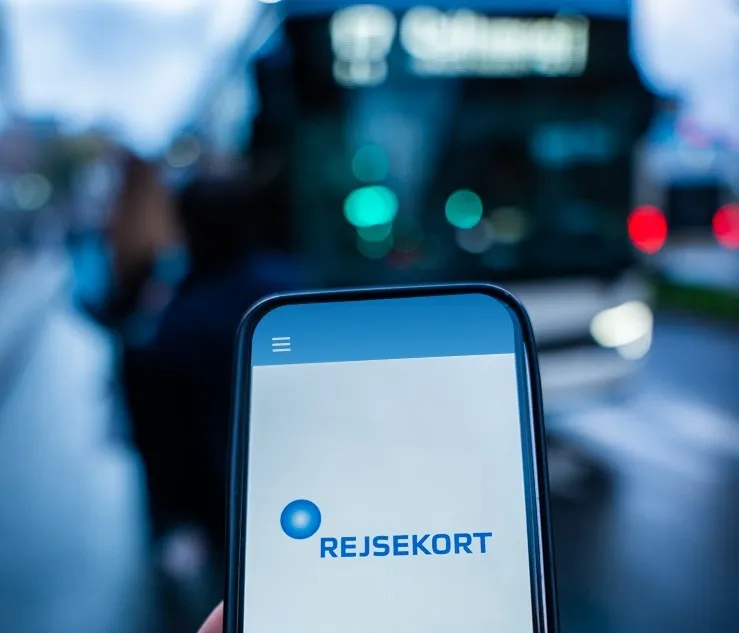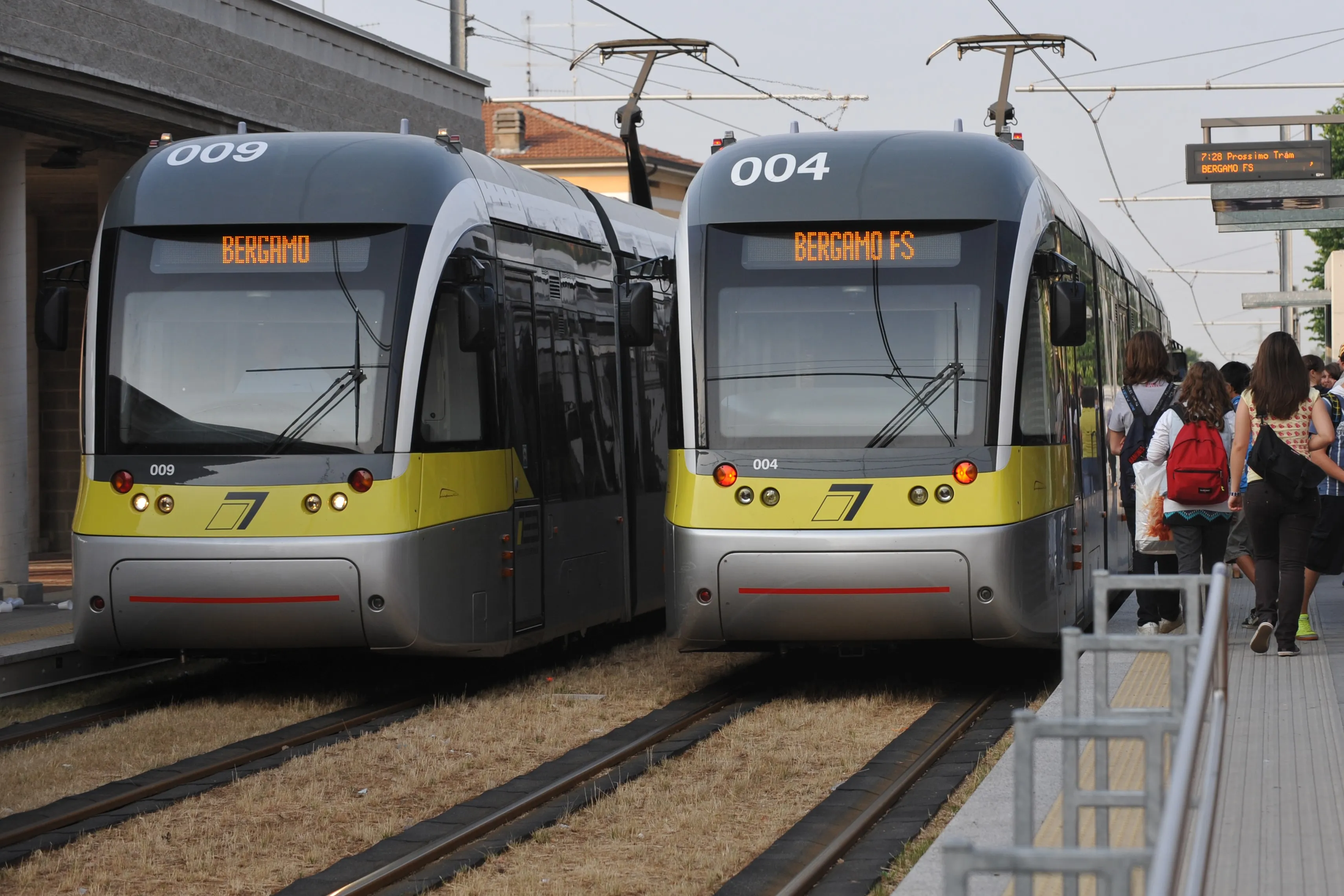
Mobile ticketing provider Fairtiq will deliver a PAYG (pay-as-you-go) national public transport ticketing solution for Denmark on behalf of Rejsekort & Rejseplan.
The smartphone-based solution will gradually replace Rejsekort’s card-based check-in/check-out solution that sees almost 500,000 daily journeys. The phased roll-out will start in 2024. The deployment in Denmark is the fourth national implementation, following Switzerland, Austria and Liechtenstein.
Fairtiq said that it won against international competition in a multi-stage procurement process. The company was able to demonstrate the effectiveness of its fully hardware-free Software as a Service (SaaS) solution, known for its reliability and user-friendly interface.
The whole of Denmark will soon be able to use public transport with a swipe, said Gian-Mattia Schuca, who founded Fairtiq in 2016 and is now the co-chief executive. The fully-digital national solution will enable the public to use buses, trains, metros and light rail seamlessly throughout the country: “This success shows that our technology developed in Switzerland is also in high demand internationally."
Denmark’s public transport operators own Rejsekort & Rejseplan. The company runs and develops Rejsekort for ticketing and payment for public transport and Rejseplanen with information about arrival/departure times, travel planning and ticket prices. More than 140 million trips were recorded using a Rejsekort travelcard product in 2019 and around 450 million searches are made using Rejseplanen yearly.
Rejsekort is the electronic ticketing system for bus, train, light rail and metro. With a Rejsekort travelcard, passengers can travel throughout most of the country, except for Bornholm Island and some smaller islands. Rejsekort, which is both a ticketing platform and a means of payment, is a shared system for the public transport operators.
Meanwhile, Rejseplanen offers countrywide travel planning with public transport and is one of the most used apps in Denmark, according to the Danish company. Access is via a website and as an app for Apple iOS and Android. Rejseplanen displays both set schedules and real-time updates from the public transport operators and government-owned Banedanmark. Rejseplanen displays relevant travel plans for the users based on the accumulated data that includes any delays, changes in train tracks and cancellations.









